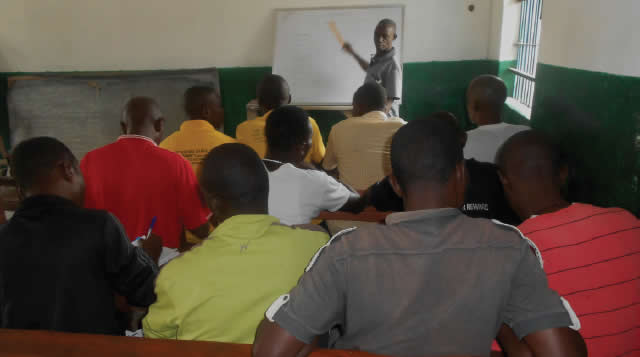
The organisation’s Executive Director, Dr. Jacob Tsado, revealed this in Abuja on Sunday during activities marking its National Week of Prayers.
Tsado described the trend as a worrying signal of the weakness within Nigeria’s justice and correctional system, stressing the need for urgent reforms. “Sadly, recidivism—meaning offenders committing crimes again and returning to prison—is widespread. In Nigeria, it ranges between 60 and 65 percent,” he said.
However, he noted that the situation is not the same everywhere. “In some of our programmes, the reoffending rate drops to less than 10 percent,” he added.
He explained that PFN’s interventions, such as rehabilitation projects and restorative justice schemes, have significantly helped to curb repeat offences in certain states. Expanding such programmes nationwide, he argued, would reduce congestion in correctional centres and give inmates a better chance of reintegration.
Beyond the issue of reoffending, Tsado also lamented the high number of inmates languishing in custody for years without trial.
He said Nigeria’s judicial process had failed to provide speedy hearings, leaving the majority of prisoners behind bars as awaiting trial cases. “We have thousands of people incarcerated, with 60 to 70 percent still awaiting trial. That is unjust and unacceptable,” he declared.
According to him, Nigerians need to be more aware of the situation in correctional facilities. He called for collective action through prayers, sensitisation, and public engagement to push for change. “There is so much neglect in this sector, yet many people are unaware of it. Religious groups, civil society, and individuals must continue to raise awareness and demand reforms,” he said.
Tsado also revealed that PFN is partnering with state governments to integrate restorative justice into the criminal justice system. He described it as a cheaper, more effective approach that not only tackles crime but also provides closure to victims.
Speaking further, the Deputy Vice-Chairman of PFN’s Board, Yinka Oyewole, criticised the government for excluding inmates from the electoral process. He argued that denying prisoners the right to vote strips them of their constitutional entitlements.
“Being in prison does not mean one has lost all rights. Voting should be extended to inmates so they can also have a voice. We have made submissions to different levels of government, but until the authorities are ready to act, we will continue to advocate,” Oyewole insisted.
Chronicles Reporters
📢 Stay updated with more reports via our WhatsApp channel: Join Here